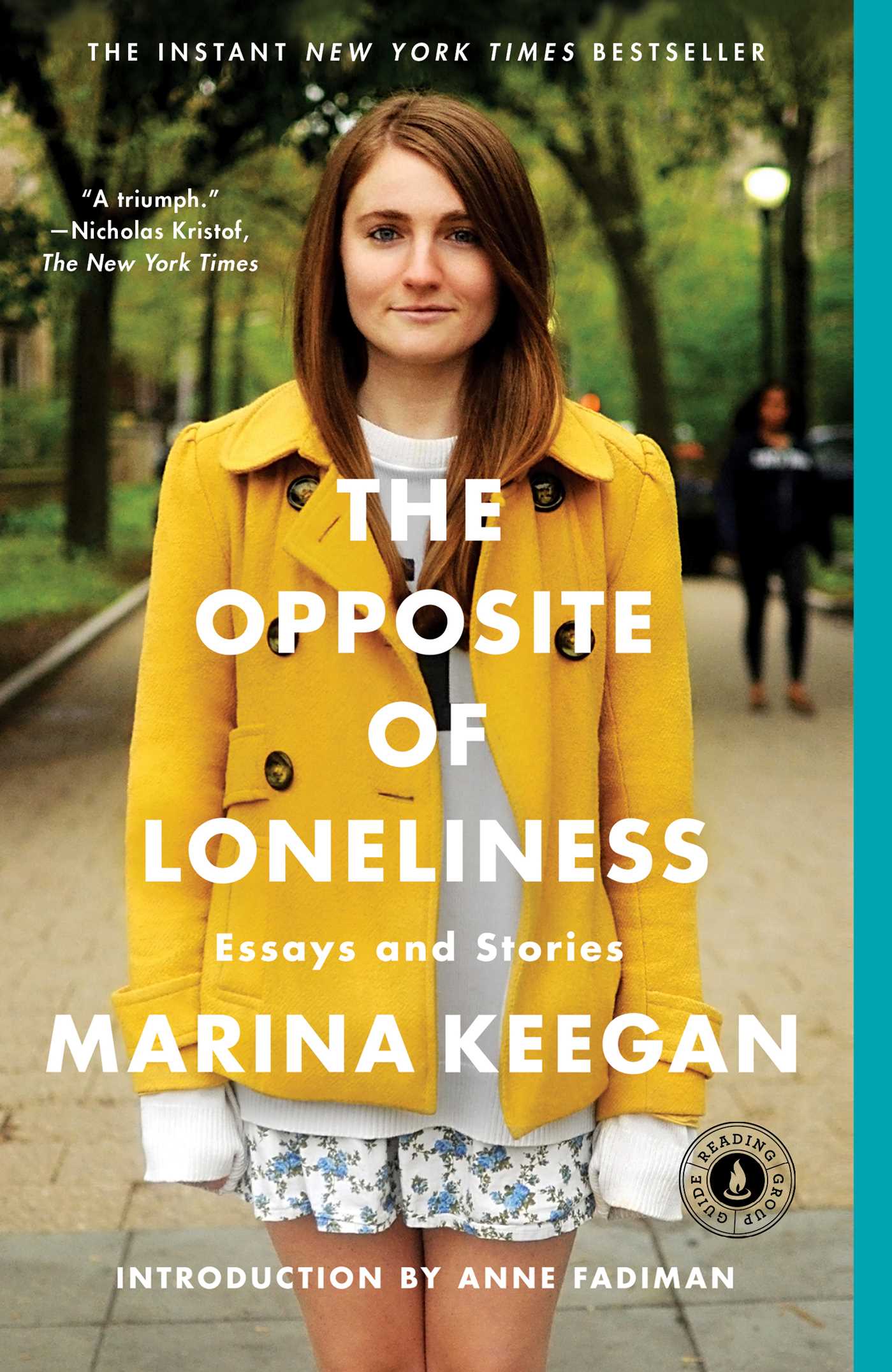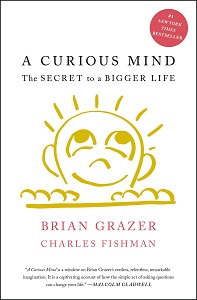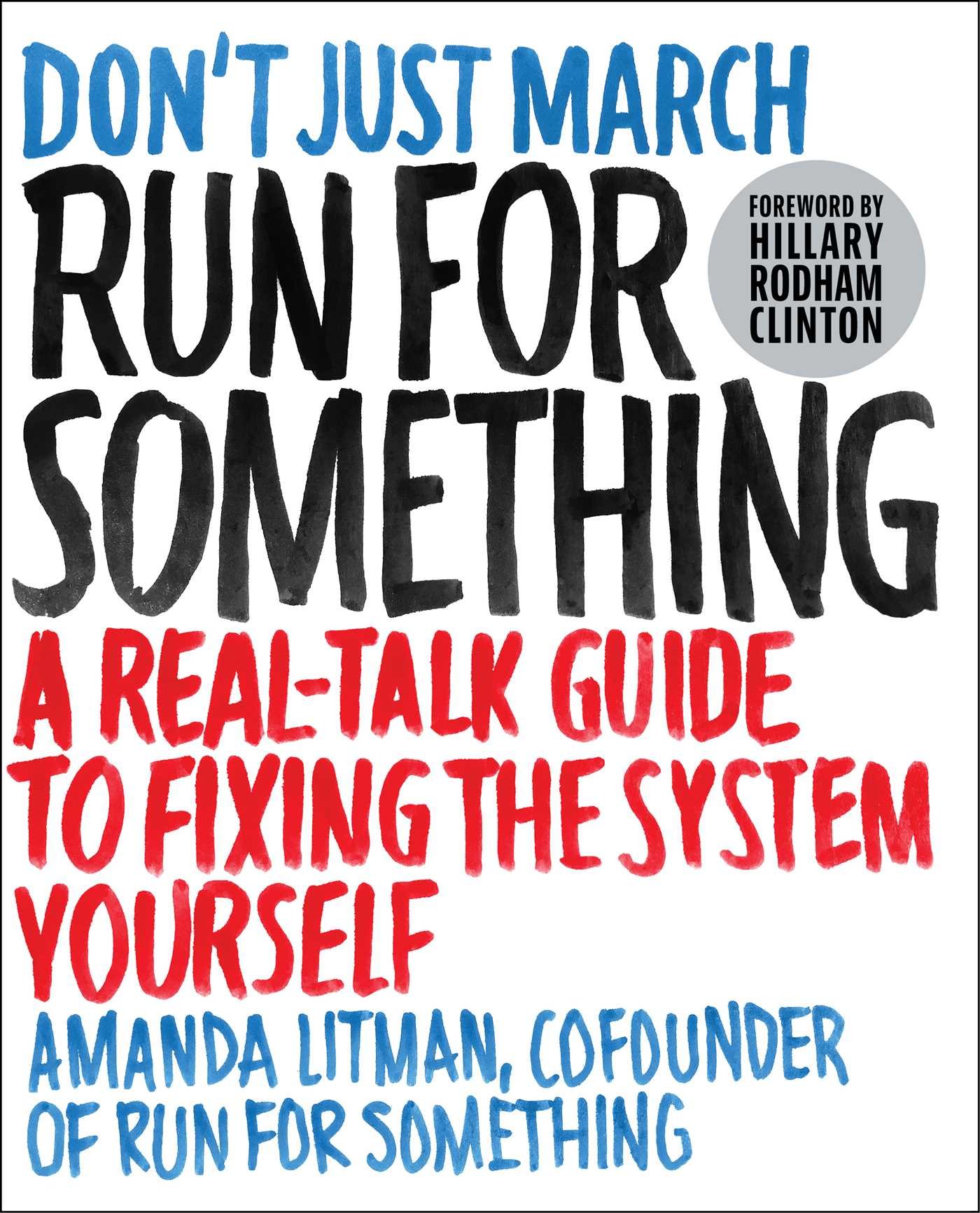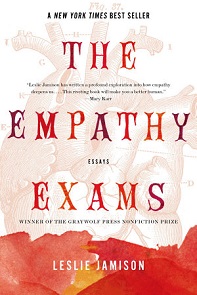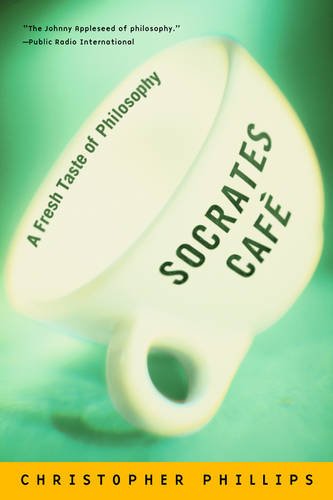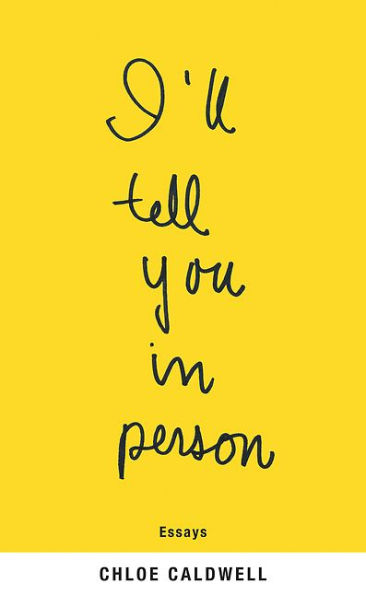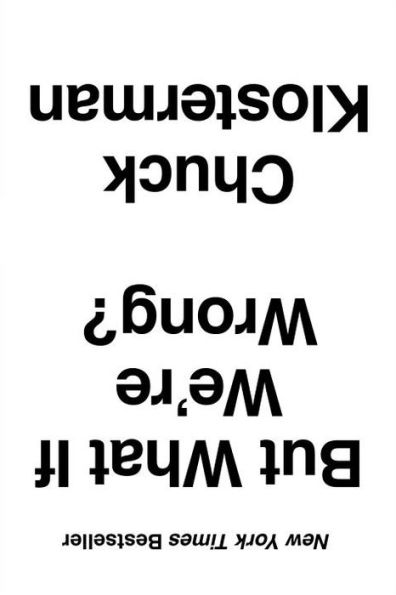Graduation can be a bittersweet day, but, book lovers, take comfort: your education never really ends. All you have to do to keep learning, discovering new worlds, and expanding your boundaries is to pick up a book. These seven titles are perfect for those just graduating or for those who already know the joys of lifelong learning.

7 Books to Read After Graduation (No Quizzes, I Promise)
This poignant posthumous collection of essays and short stories by wunderkind Marina Keegan, who tragically died in a car crash just days after her graduation from Yale, offers just as much hope as heartbreak. Keegan lives on through her words, and at the soul of her work lies an unrelenting striving for greater things and a light that never goes out.
“A collection of short fiction and personal essays, THE OPPOSITE OF LONELINESS reads like your early twenties in real time, touching on friendship, love, jealousy, self-discovery, family, and the one thing you’ll always love, no matter what: your first car.”
In A CURIOUS MIND, Academy Award-winning producer Brian Grazer shares his secret for success. For years, he's conducted what he calls "curiosity conversations" with remarkable people-from spies, to royals, to artists, to Nobel laureates-to help him see far beyond his own worldview and think in totally new ways. These discussions have inspired many of his most famous movies and TV shows, such as Apollo 13, Arrested Development, 24, and 8 Mile. A CURIOUS MIND offers a glimpse into these fascinating conversations and celebrates the power of curiosity to continually push our boundaries.
Put your curiosity to work.
This brilliant, entertaining, fascinating, and inspiring homage to the power of inquisitiveness is from renowned film and TV producer Brian Grazer. Whether you’re looking to improve your management style at work or become a better romantic partner, these lessons on the power of curiosity can change your life.
Now that you've graduated, put your knowledge to the test, make your voice heard, and run for something. As Amanda Litman, Hillary Clinton's email marketing director, tells us in the powerful and inspiring RUN FOR SOMETHING, running for local office is the most effective way to make a difference in your community, and it's much more doable than you might think. This guide spells out everything you need to know about running for local office and how to make an impact.
MENTIONED IN:
Can we ever really understand other people-their pain, their joys, their lives? Inspired by her work as a medical actor, Leslie Jamison contemplates this timeless question in her stirring collection of essays—through the lenses of poverty, illness, violence, reality TV, and more. No matter what, THE EMPATHY EXAMS will make you feel and show you how to live a more compassionate, enlightened life.
Since 2008, our former commander-in-chief had to lead us through some of the greatest national tragedies in recent memory. Leslie Jamison’s collection of essays asks important questions: How do we take care of each other? How do we experience pain? Ranging from poverty tourism to phantom diseases, illness to reality television, there’s something here for everyone to consider.
How do you know yourself? What is a world? What is insanity? Former journalist Christopher Phillips chronicles his journey to schools, churches, community centers, prisons, nursing homes—and more—across the country to reinstate the Socratic tradition of integrating philosophical discussions into everyday life. He tells us that even if we don't know the answers to big questions such as these, it's imperative to ask them anyway.
MENTIONED IN:
Chloe Caldwell's collection of personal essays offers a fresh and sincere take on the meaning of adulthood. She doesn't skimp on the candid details of her false starts, and the result is a page-turner that feels like a really juicy email from that older, cooler, friend who seems to know all the answers.
MENTIONED IN:
What if everything you thought you knew turned out to be wrong? It's happened before. In WHAT IF WE'RE WRONG?, Chuck Klosterman shows us that the truth can be relative—drawing examples ranging from the 2000 election to the shelf life of television-and reminds us to keep exercising throughout our lives those critical thinking skills we learned in school.
MENTIONED IN:

